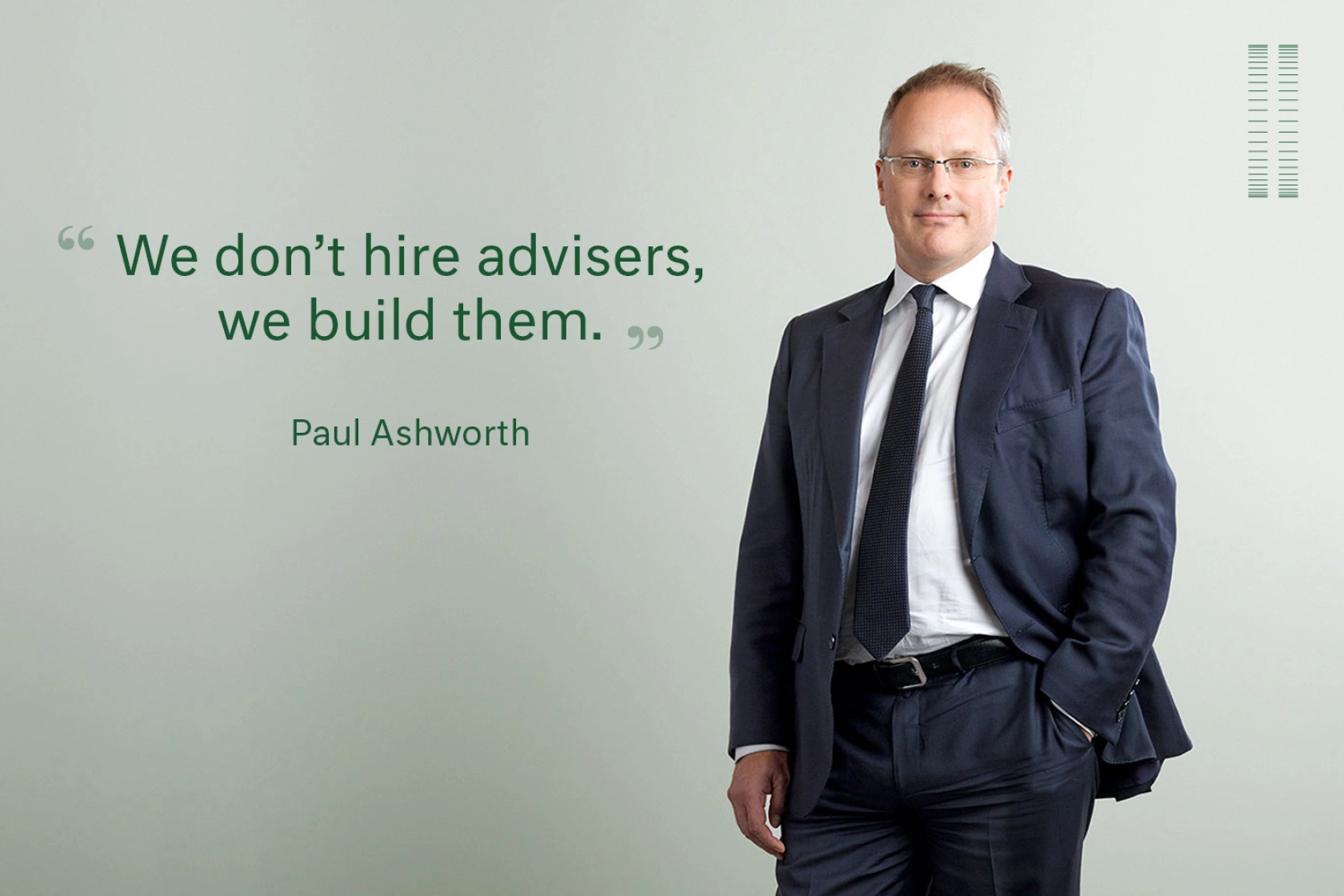
Paul Ashworth started his advising career at the tail end of the last recession. Nearly 30 years later, he’s still dishing out financial advice as the economy plunges into a pandemic-fuelled recession.
He recalls putting compulsory superannuation in place with a graduate law and economics degree under his belt post-recession at Grant Thornton.
He also remembers being one of the first accounting firms to get an unrestricted deals license. “Coming out of a recession, together with superannuation, we knew that the retirement savings pool would dramatically increase. We had a more stable economic environment. Inflation had largely been dealt with, and it was starting to look like a good environment for business.”
Ashworth was asked to head up the pool of money managed for clients and staff super. “Being a bit of an entrepreneur and a young, bushy eyed tax accountant, I said yes,” he recalls.
“It was an advantageous tax environment for superannuation and private business. Controls on concessionary and non-concessionary contributions allowed us to build very substantial amounts of superannuation through the tax regime. I think in about 1995, we had about $25 million under management,” he says.
“In today’s terms, it doesn’t seem like a lot. But back then, it was a little bit. Particularly coming out of a recession.” This experience led to a natural progression into a broader wealth advisory process for business owners, before the business was sold to Perpetual in 2009.
Now, as managing partner for Cameron Harrison Private based in Melbourne, he’s charged with the task of leading a team with $840 million under management. He’s also the chief investment officer. “We established Cameron Harrison after leaving Perpetual in 2011. We had the obligatory break for six months.”
In what best describes his ethos as a critical thinker, the first purchase for the office was a whiteboard. “It represented a clean canvas. It’s our favourite piece of equipment,” he says.
Ashworth works with mostly private business owners, steering them through the process of business owner capital extraction, profit management, profit optimisation, margins, succession planning and more. “We unscramble the complexity, which can ultimately be like spaghetti. Out of that bowl, which might have 100 strands of spaghetti, we need to get those six important strands. We take that complexity and simplify it,” he says.
“We don’t hire advisers, we build them,” he says. “We look for graduates. This year we took on three. It was obviously challenging for them. I think we’ve had a sum total of 10 days in the office before lockdowns. We build them up in our career development program and career progression framework. It’s the only way to maintain our culture and DNA,” he says.
“One of the beautiful parts of sitting at your desk with a video in front of you is that you can actually do drop-ins, which helps.”
The investment process is broken down into 30 per cent strategic planning and 70 per cent private investment management. Ashworth spends a lot of time reading and thinking. “It’s not that we want to be contrarian for the sake of contrarian. We like dealing with the complex and bringing it to the understandable and the prioritised. That’s part of who we are,” he says.
“It’s very much cradle to grave. Our core purpose is for our clients to have a more relaxed life in retirement. We’re always acting for the business owner, not the business,” he adds.
He admits it’s been a tough year. Ashworth has been in lockdown and working from home off and on, leading a team of 15. Despite a more volatile economic environment, he’s been adding clients. But the Covid-19 suppression strategy is a near impossible task with huge implications for businesses. “The studies are pretty clear. You have people out of the office for more than two days, innovation suffers,” he says.
The pandemic has been a huge cause of concern for clients. “They’d hear things that were going down in America, because they had that real time performance data in front of them. But once those first restrictions eased, we were having some fantastic enquiry levels.
“I think we’re pretty unique in terms of a wealth firm that’s got a continuous track record since the early 1990s. Importantly, we are direct investors. We run our own programs. We run our own analysis in-house.”
When asked how the Hayne Royal Commission has changed this, he pauses. “I don’t think you can ever divorce the fact that it’s an industry with significant vested interests. They’re very strong vested interests and the loudest tend to be the largest. I don’t think that has ever changed.”
News that banks have removed sales targets during Covid-19 is too little, too late, he adds. “I thought they were going to do something about running sales targets after the Royal Commission, but they didn’t.”
Ashworth makes it clear that Cameron Harrison runs its own race. The firm spends about four cents in the dollar on marketing, he says, compared to 20 to 30 cents in the dollar for big firms.
“We don’t know a lot of people in the industry, to be brutally honest. We have a strong referral network from our existing businesses and relationships. Otherwise, we’ll just be hopping into the pool of sharks that are just out there to sell products,” he says.